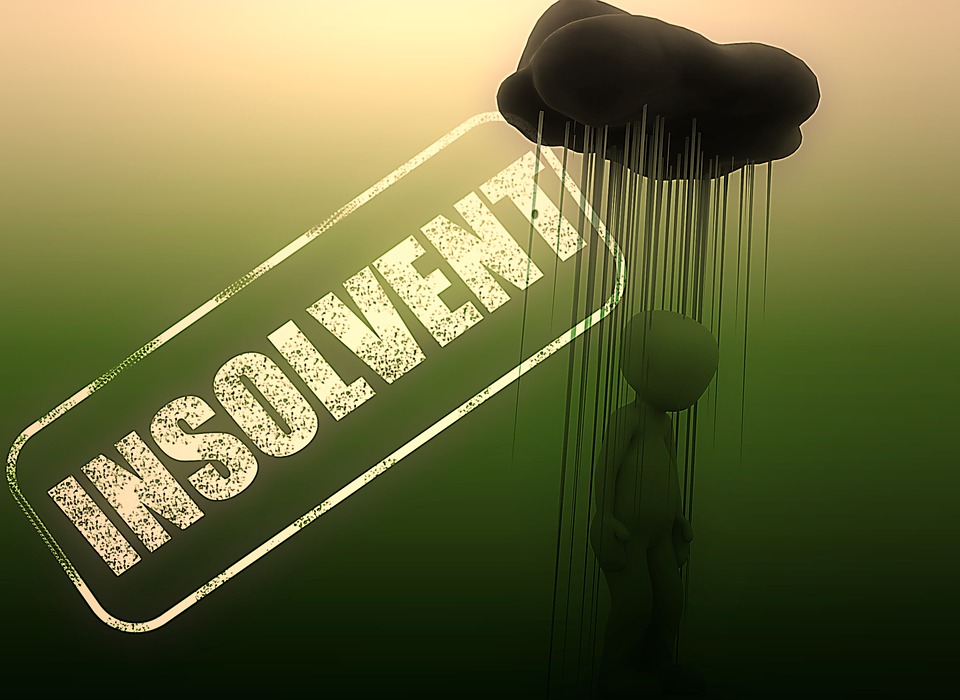Each year tens of thousands of financially troubled businesses file for bankruptcy. But there can be other legal options for companies that need to shut down operations. One is a corporate dissolution.
While each businesses’ situation is different, voluntary dissolution has the potential to offer some of the same advantages to business owners as filing for bankruptcy but can be simpler, less expensive, and potentially allow for greater privacy and control.
An Alternative To Bankruptcy
Generally, financially distressed companies and creditors look to maximize the value for the eventual distribution to creditors. While a Chapter 7 or Chapter 11 bankruptcy might be appropriate, a voluntary dissolution can, depending on the circumstances, be better suited to achieve this goal.
Dissolutions are typically faster than bankruptcy and involve lower transaction costs. The process also affords the business more control over the liquidation, claims resolution, and asset distribution as compared to bankruptcy, which involves trustee oversight. In addition, dissolution requires shareholder approval, which can make it a better fit for private companies. Another advantage is dissolutions offer more privacy, as bankruptcies require extensive information disclosures.
Companies often choose to dissolve at a point when they anticipate being able to pay creditors in full and return some funds to shareholders. When done right, a dissolution can prevent late claims against the corporation and protect directors from personal liability. Of course, if creditors cannot be paid in full or don’t agree to receive a lower amount, bankruptcy may be the only option.
What Do I Need To Do?
The process for dissolution depends on the laws of the state where the business is incorporated. In Delaware, where many businesses are incorporated, the general process is outlined in the Delaware General Corporation Law. It involves a resolution from the Board of Directors to dissolve the company, and a meeting of stockholders to vote on the resolution. If a majority of the outstanding stock vote in favor of dissolution, a certificate of dissolution must be filed with the Secretary of State. Dissolution can also be authorized without action of the directors if all the voting stockholders consent in writing.
The certificate filed with the Secretary of State must include the following, according to the DGCL:
-
The name of the corporation;
-
The date dissolution was authorized;
-
Whether dissolution was authorized by the board of directors and stockholders, or if it has been authorized by all the voting stockholders;
-
The name and addresses of the directors and officers of the corporation;
-
The date of the filing of the corporation’s original certificate of incorporation.
Under the DGCL, dissolved corporations will continue for three years – or longer, with permission from the Court of Chancery – to settle and close their business, dispose of property, discharge their liabilities and distribute any remaining assets to stockholders, but not for the purpose of continuing the business for which the corporation was organized. Lawsuits or legal proceedings involving the corporation that started before, or within three years of, the dissolution will not drop away as a result of the dissolution.
Conclusion
Where all liabilities are known and can be handled either by payment in full or with agreement by creditors to accept a lesser amount that can actually be paid by a corporation, a voluntary dissolution can be the best route to wind down the corporation. If not, bankruptcy may be necessary.





